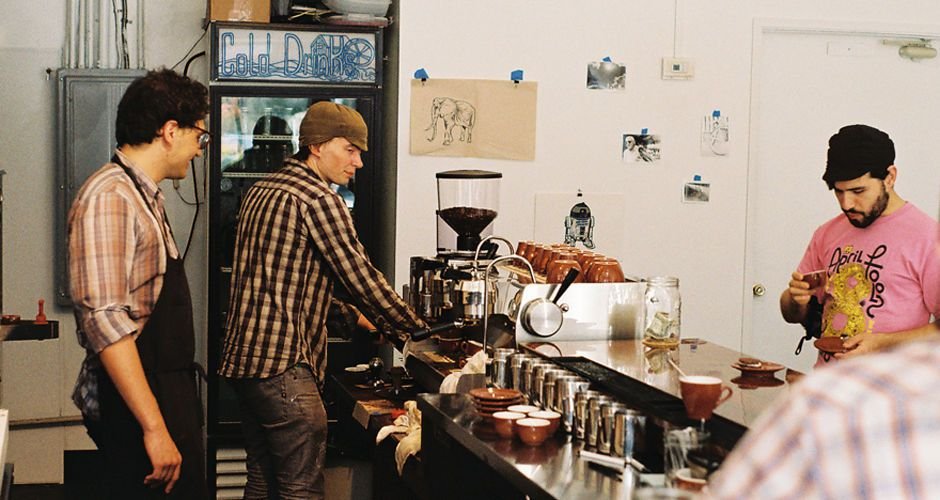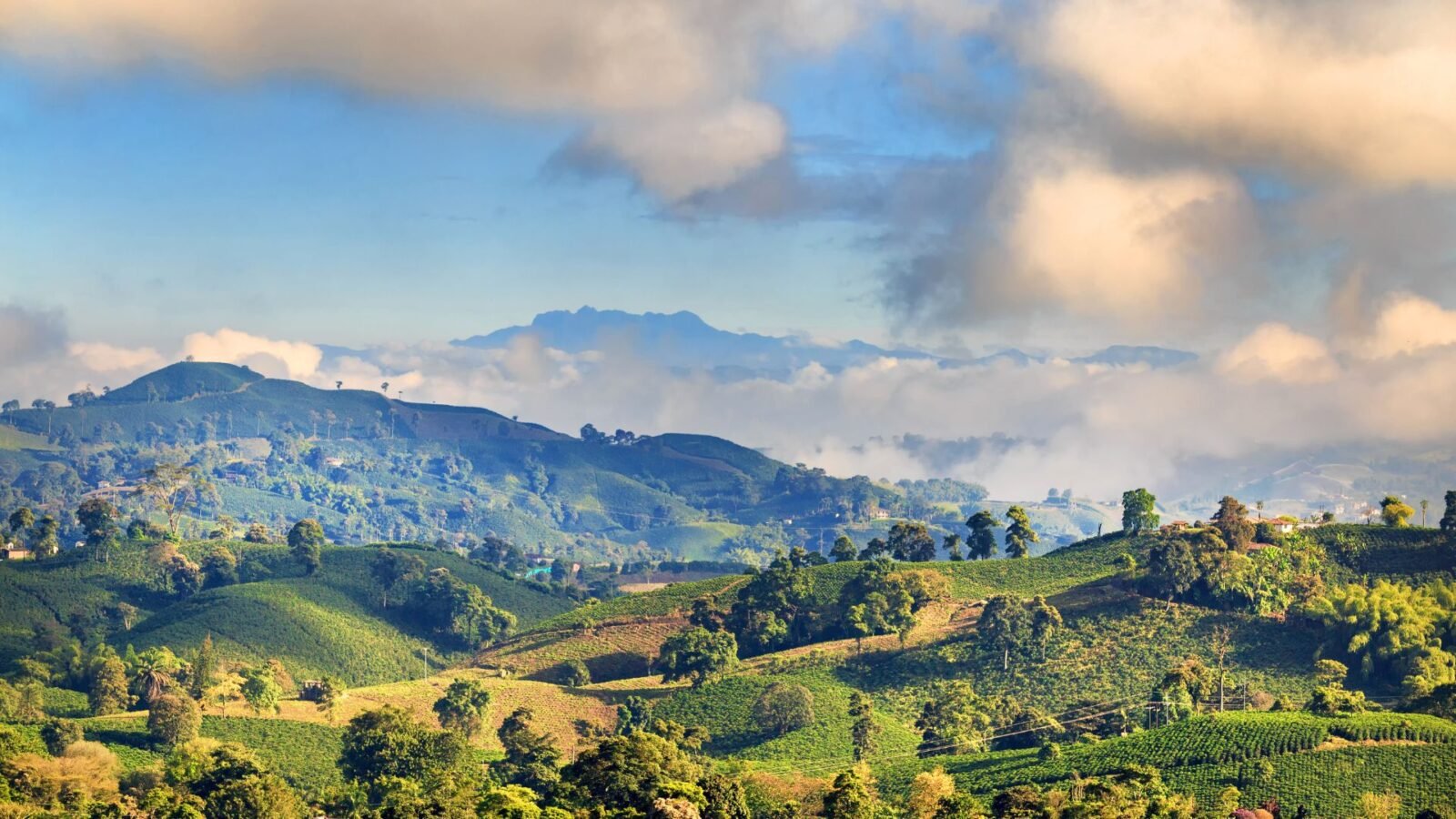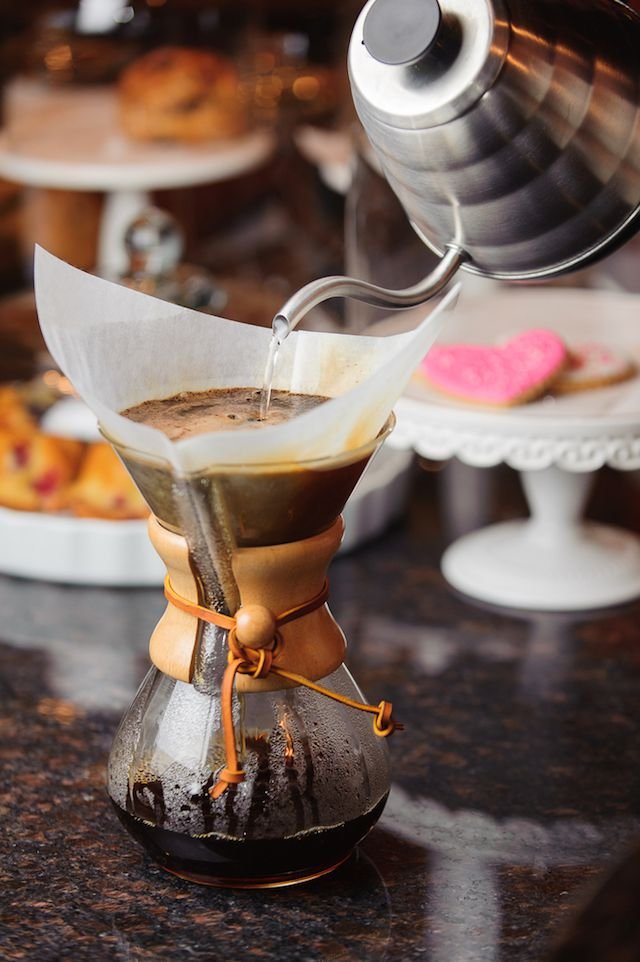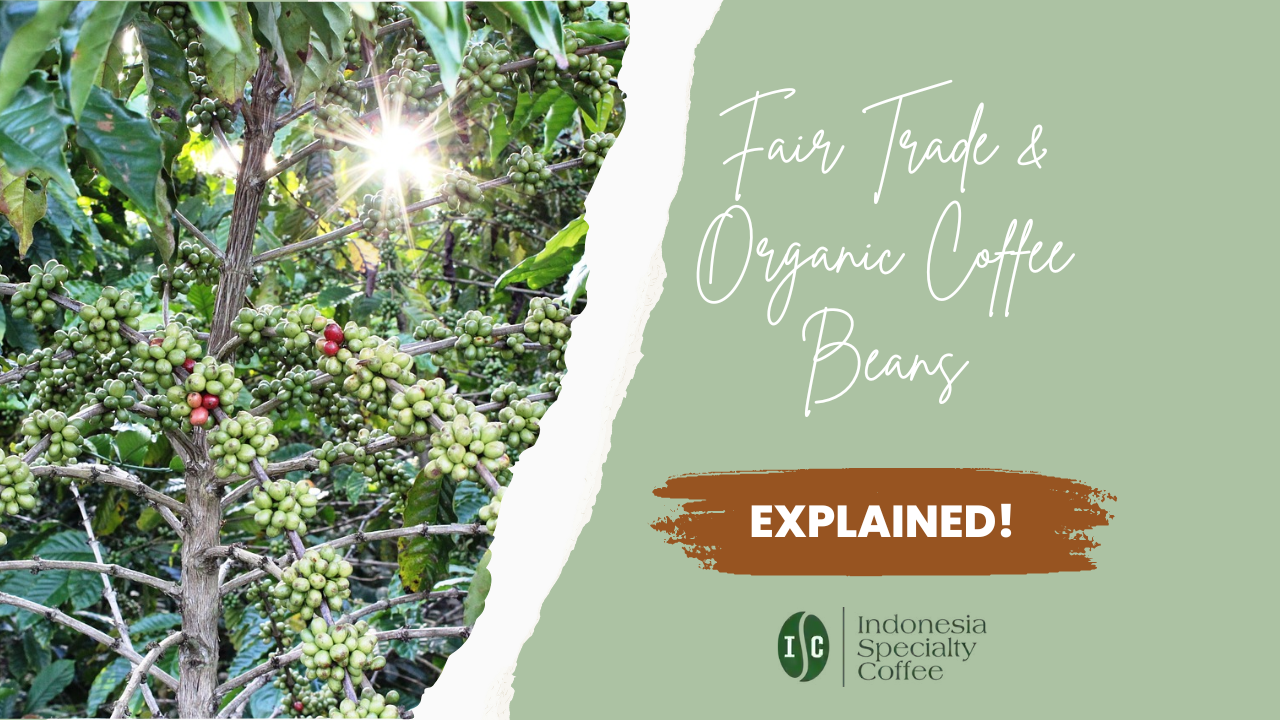In this exploration of England’s beverage preferences, we delve into the intriguing journey from coffee dominance to the rise of tea culture during the 18th century.
Coffee’s Dominance in England

Before the advent of tea culture, coffee reigned supreme in England. Introduced to Europe in the 15th century, it quickly gained popularity, becoming a favored beverage among the English for over three centuries. The colonies in Ceylon and India were vital coffee producers, supplying the nation with its daily caffeine fix.
The Rise of Puritan Rule and Decline of Alcohol
As coffee gained popularity, the social landscape of England underwent significant changes. The Puritan Revolution in the mid-17th century saw the rise of Cromwell and the decline of King Charles I’s reign. The Puritans, opposing alcohol consumption, frowned upon the taverns and ale houses that had previously served as social hubs.
Coffee Houses and the Birth of the Penny University
With alcohol out of the equation, coffee houses emerged as intellectual gathering spots, dubbed the “Penny University.” Anyone could join these lively discussions fueled by caffeine for the price of a penny. It became a hub for traders, merchants, and intellectuals, paving the way for today’s economic mechanisms.
Challenging the Status Quo: The Golden Lion Tea Shop
While coffee houses provided a space for lively exchanges, they remained exclusive to men. That was until Tomasto Wining dared to challenge the norm. In London, he opened the “Golden Lion” tea shop, defying convention and inviting women to partake in the intellectual conversations that were once male-dominated.
The Setback in Coffee Cultivation and the Shift From Coffee to Tea
A significant turning point occurred when a devastating rust plant disease wiped out coffee cultivation in Ceylon and India. This setback proved advantageous for England’s arch-enemy, Holland, as it gained the upper hand in the European coffee supremacy battle. As a result, Ceylon and India turned their focus to cultivating tea instead.
Unraveling the Complex History of Black Tea in England
The shift from coffee to tea was intertwined with religious beginnings, societal changes during the industrial revolution, the empowerment of women, the pursuit of cash crops, and colonial influence. The development of black tea in England marks a fascinating chapter in the nation’s history.
Conclusion: Why does England drink tea instead of coffee?
In conclusion, England’s journey from coffee to tea is a fascinating tale of cultural shifts and historical forces. Coffee’s dominance for over three centuries led to the rise of tea culture, influenced by the Puritan Revolution, social changes, and the emergence of coffee houses as intellectual hubs.
The Golden Lion tea shop challenged traditional norms, welcoming women into the intellectual realm previously reserved for men. Meanwhile, a setback in coffee cultivation in the colonies led to the shift towards tea, ultimately shaping England’s beverage preferences.
This complex history intertwines religious, social, and economic factors, leaving a lasting legacy of tea culture in England. As we celebrate this journey through the past, let’s savor the diverse flavors of coffee and tea, each with its unique tale to tell.
Get your Coffee Beans Supply now!
Read also: Sumatran Mandheling Coffee’s Unique Flavors: An Exploration












